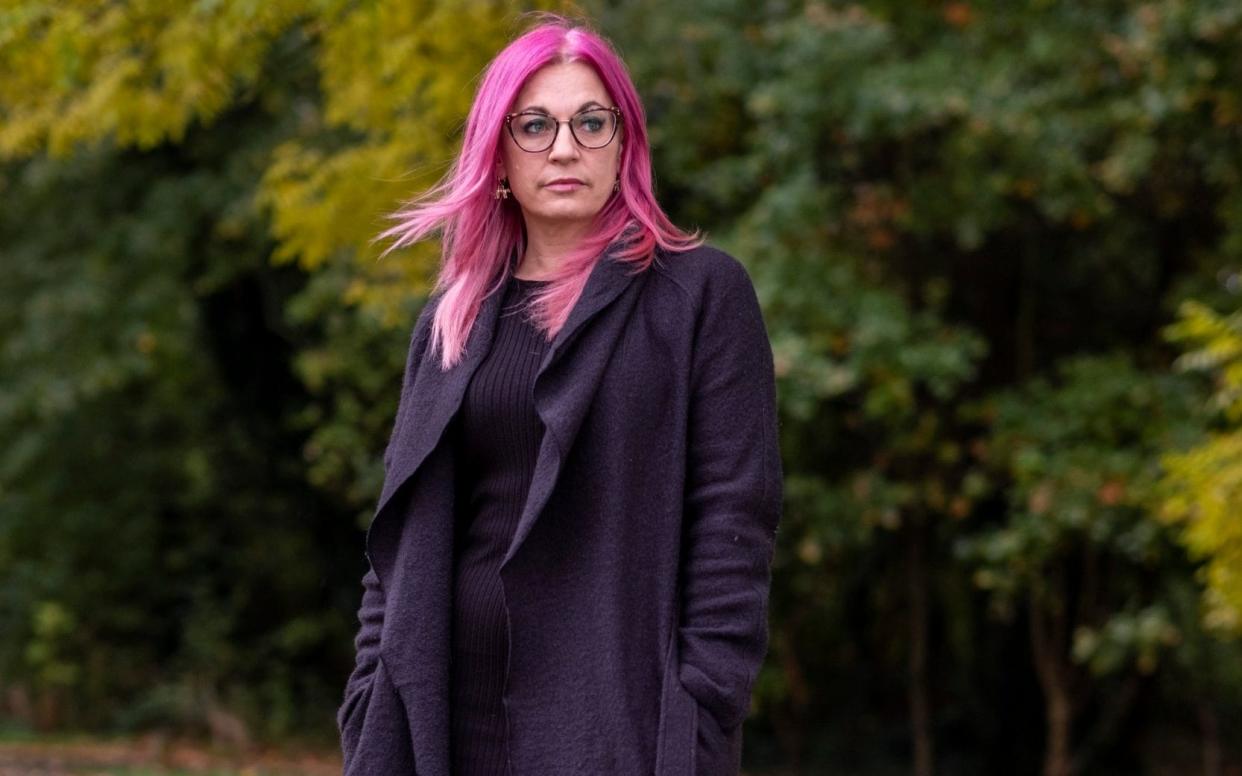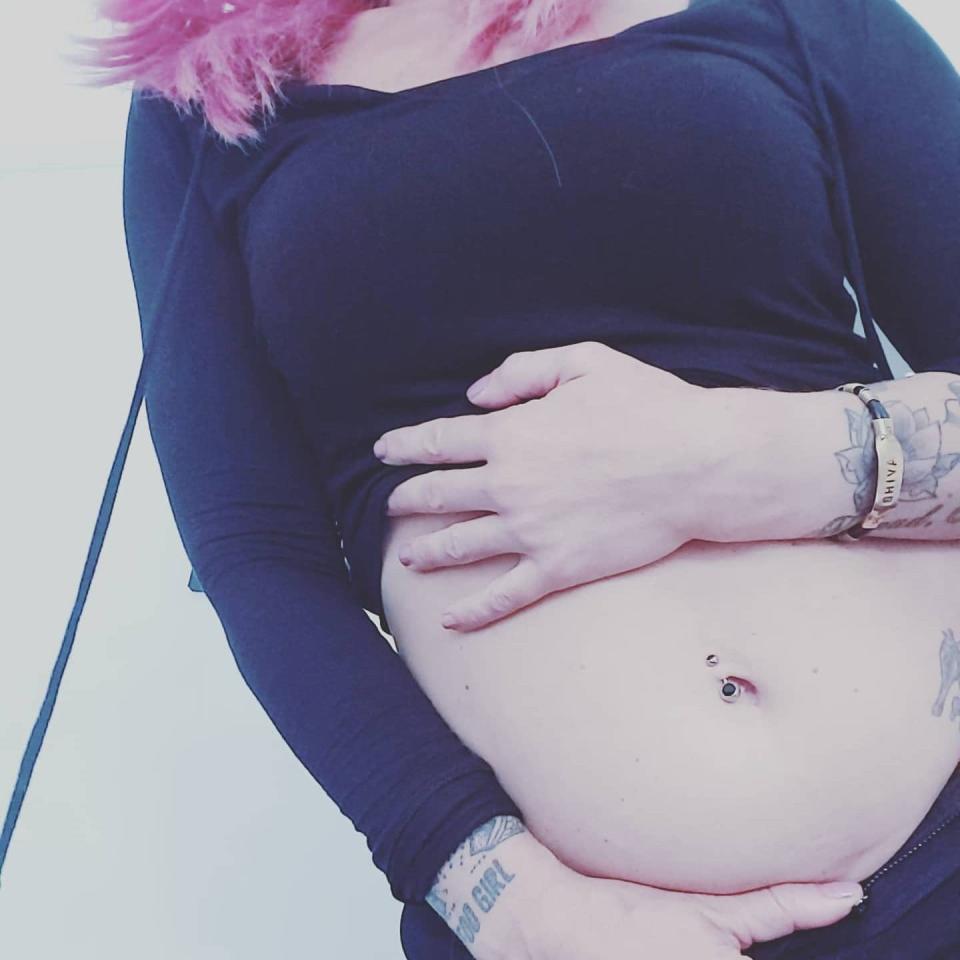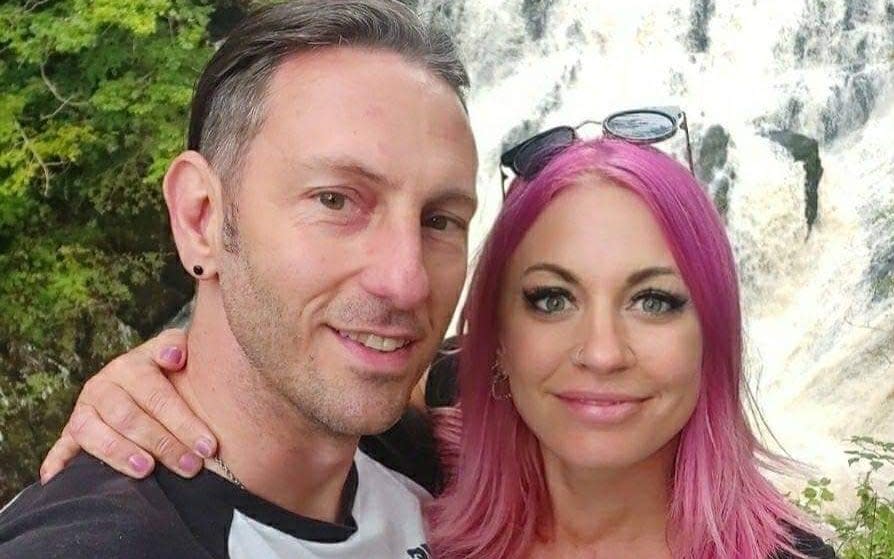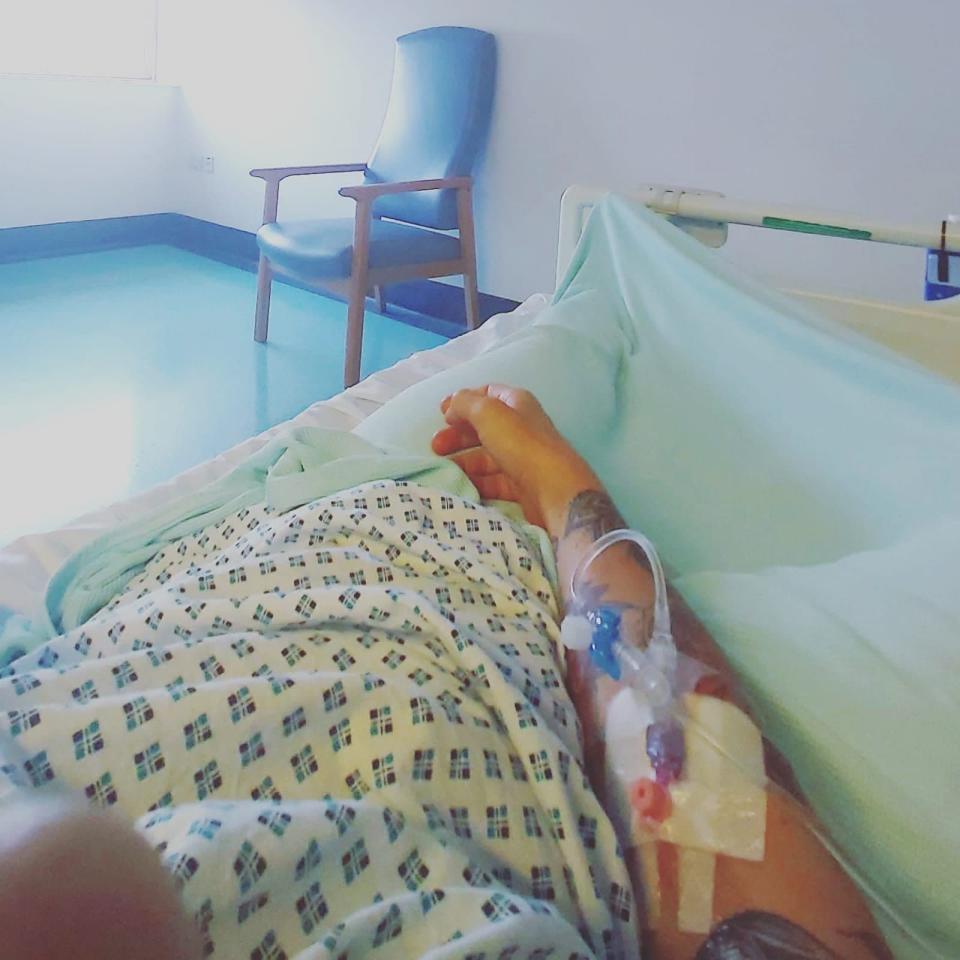Cancer survivor miscarried alone as baby’s father could only listen on the phone under 'inhumane' Covid restrictions

Yvette never meant to get pregnant. At 46 and in remission for breast cancer she was told that her chances of having a child were fractional. She had been through two “difficult” births already and was frightened at how her body would cope.
“Don’t get me wrong, I was also very excited,” she says, clutching an oat milk cappuccino at a quiet cafe near her home in Hornchurch, East London.
“But unfortunately, this story doesn’t have a happy ending.”
By the end of July, when Yvette found out she was pregnant, the NHS was still reeling from the first wave of the coronavirus. Havering, the local borough, saw nearly 300 deaths and was still receiving around 30 covid-related calls a week.
Facing a myriad of rules and regulations, like many mothers-to-be, Yvette attempted to book a scan at the Queen’s Hospital in Romford, but was told that she would have to wait three months. Her partner David would not be allowed to attend.

In an attempt to make their NHS Trust as covid-secure as possible Barking, Havering and Redbridge have made antenatal and postnatal appointments available for the mother only. A partner is only allowed to be there when the mother goes into labour.
These rules are in place at hospitals across the country, and MPs, led by Alicia Kearns from Rutland and Melton, who is herself pregnant, have called on the Trusts to reconsider the position.
Worried, and looking for reassurance, the yoga instructor with bright pink hair paid £80 for a private scan which David could also attend. On the screen, they saw a tiny baby - their tiny baby - and everything looking as it should.
But on Sunday, September 30, something wasn’t right.
Yvette had started bleeding and rushed to hospital for an emergency scan. When she arrived, four other women were sat by themselves in the maternity ward.
Alone too, without her partner to hold her hand, she was given the devastating news that the baby’s heart had stopped beating.
“I was in floods of tears,” she says, less than a month on, fighting fresh ones back.
“But it got so much worse.
“They put me alone in a bereavement room. There were plastic white flowers, a holy bible and a box of tissues which was already empty.
“A doctor with a clipboard came in and asked me what I wanted to do with the baby’s remains. I hadn’t even called David. I hadn’t even processed it. But I had to make a decision.”

Yvette was asked to come back eight days later to be induced into labour and have the baby removed.
“It came earlier than that,” she says, quietly.
Illustrated by graphic pictures, Yvette calmly explained how in the middle of the night, while her 12-year-old daughter slept next door, she started bleeding uncontrollably. Three beach towels were soaked through before she could be taken to hospital.
The bathroom looked like “a murder scene” and she left bloody footprints on the stairs as she limped into her friend’s car.
Coronavirus restrictions meant that her friend wasn’t allowed in, and had to leave her in a wheelchair at the emergency reception.
And then, still in a world of pain, Yvette had to have an intrusive nasal swab test to make sure she did not have the virus.
“Even after I passed it, I had to wear a mask. I could hardly breathe,” she says, her voice growing angrier.
Surgery was difficult. It lasted five hours and David stayed on loudspeaker on her phone the whole time. He wasn’t allowed to see how she was doing, in line with the hospital’s new regulations.
Yvette still has nightmares about what she saw during the operation. She often wakes up screaming in the night.
When she came round, she was by herself on a hospital bed in a small room with an empty chair in the corner.

“I have never felt more lonely. He should have been there. How can he not have been allowed there?” The anger has intensified.
“The government has to know that this is inhumane. He lost his child too. This is his pain too. And we could not be there for each other.”
David was there, outside. He couldn’t come in to give Yvette some fresh clothes, so wrapped a jumper round her as she staggered past people in the reception wearing two flimsy hospital gowns.
She takes a moment to decompress. In over an hour her coffee has hardly been drunk.
“I still miss my bump,” she says, softly.
“I try and be strong, but I do have quiet moments when I cry. In the car, after class. I try and just keep myself as busy as possible.
“I did think about suicide, but I have two wonderful children and could never do that to them.
“It’s just sad that I’m never going to have another chance to have a biological connection with David. The ship has sailed.
Yvette’s friends call her the cat with nine lives. A tattoo on her left arm says “immortal”.
“I could have died. And I would have died alone. No-one should have to go through that. Pregnancy, birth, miscarriages are all shared experiences. Coronavirus can’t change that. The rules must be made fair.”

